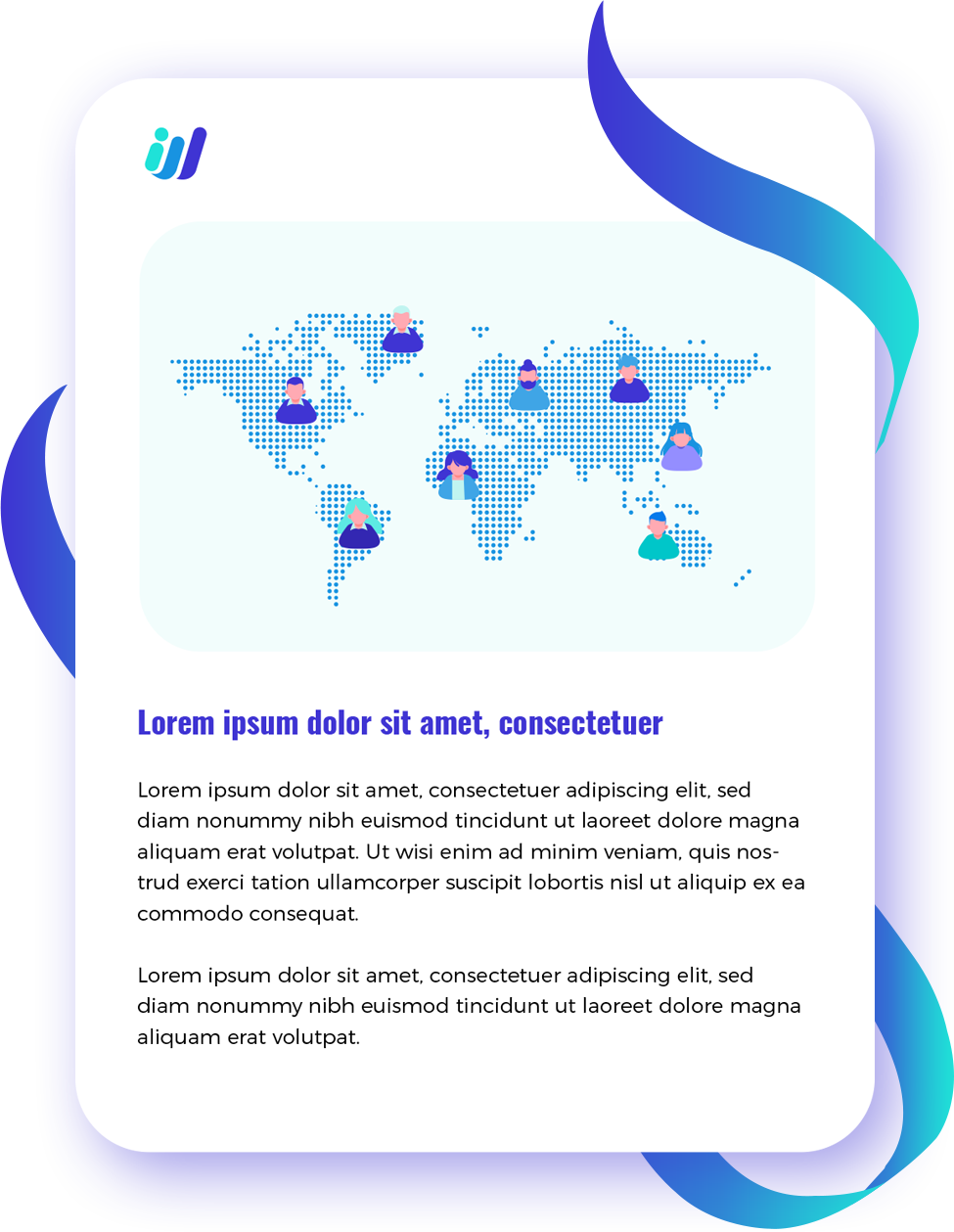Outsourcing isn’t just a trend; it’s the way smart companies run their businesses. Fortune 500 companies and startups alike include outsourcing in their business strategy because of the benefits it provides.
Outsourcing has many advantages, but it does not come without challenges. While outsourcing has increased startup efficiency, there are common issues that can come up. Nevertheless, startups can overcome these challenges by using the right technology and well-defined work processes.
Exaggerated expectations
Companies face the risk of having exaggerated expectations from an outsourcing company. It may think that the outsourcing provider will take care of everything and it doesn’t have to worry. Project failures and disappointment can result from such unrealistic expectations.
This challenge is best addressed by discussing beforehand in detail what role the outsourcing service provider will play and what results can be expected. Outsourcing services should be explained to the project management team of the custom software development company seeking outsourcing services.
It is also possible for companies to have unrealistic expectations, such as selecting a service provider and starting a project quickly. Additionally, they may believe that the project will be completed within a short period of time.
Choosing an outsourcing vendor without due diligence increases the risk of failure. A company should spend adequate time selecting an outsourcing vendor. Ideally, they should choose a vendor who fully meets their project requirements.
Lack of Outsourcing Experience
As most startups are unfamiliar with the concept, best practices, and workflow of outsourcing, it can be overwhelming to work with a new team. It can be difficult to explain the vision and goals to an entirely new team.
If you find yourself in this situation, you should ask the outsourced team to walk you through their entire workflow. It will assist you in defining requirements properly, identifying and avoiding bottlenecks, and completing tasks on time.
Negotiation Issues
Having to negotiate the contract terms with the outsourced team is the next challenge startups face when outsourcing. Service-level agreements require clear definitions of work scope, roles, and responsibilities.
Further, fine-tuning the contract to meet the needs of both teams requires thorough planning. The process takes a long time.
An excellent contract begins with clear project requirements. Before drafting the contract, hold multiple meetings to clarify requirements and expectations.
Additionally, discuss the situations when the outsourced team fails to deliver the expected results. Before beginning a project, an NDA and other regulatory documents should be signed.
Estimation of Costs
In the absence of proper planning, outsourcing can prove to be a costly affair. A major challenge of outsourcing is determining the cost of outsourced work accurately.
Clearly define the requirements and communicate them to the outsourcing team. Also, make sure the team is aware of the budget limitations so there are no misunderstandings. It is ideal for an outsourcing company to design a pricing model that is tailored to the client’s budget and requirements.
Communication Issues
Outsourcing web development projects to far-off companies also poses language and communication challenges. Taking language barriers into account is crucial when working with offshore companies or hiring remote developers. There might be regional dialects that are hard for you to understand.
Unspoken assumptions are another communication challenge in outsourcing. This issue has been encountered by many companies during outsourcing. When communication is inconsistent or improper, the project deliverables are adversely affected. Employees are more likely to discuss things and have a clear understanding of what needs to be accomplished when they are confined to the same office space.
There may be things assumed to be part of the service provided by the company if the remote developers are sitting oceans apart. It creates yet another barrier to communicating expectations.
You and your outsourced team will both benefit from clear documentation. Ensure that the outsourced team and you are in constant communication. Before scheduling meetings, write proper project documentation. If the outsourced team has any questions, be open to answering them.
Differences Between Cultures
Many outsourcing projects involve working with international teams. A startup with no prior experience working with a culturally diverse team may have difficulty adjusting to the differences between nationalities and cultures.
The cultural barrier becomes an imminent challenge for globalizing companies when they find great talent. When businesses outsource their projects to offshore locations, they must deal with two types of cultural differences – corporate and regional. Outsourcing involves dealing between two different organizations, which can result in corporate differences. As a result of the disparity in location between the business and the outsourcing service provider, regional differences arise.
Different aspects of your business can be affected by these organizational and regional cultural differences. Communication, interaction, understanding, interpretation, and even commitment and productivity of the team can be affected by it. The cultural differences between the two teams could lead to misunderstandings and friction.
It would be ideal to organize diversity awareness programs for teams in situations like this. If you do this, your teams will be able to better understand your values and culture.
To bring everyone on the same page, establish clear communication channels. It will prevent misunderstandings and ensure that the assigned work is completed on time.
Keeping Data and Intellectual Property Secure
Outsourcing may seem like an excellent solution for scaling a business, but it does carry a risk of losing intellectual property and data security. It is possible for important documents, including business plans, trade secrets, customer information, and core operational processes, to be misused or stolen. Furthermore, a company’s customers’ data may be breached. Unhandled applications may lose their rights if not handled properly.
Whatever the size and status of your organization, be it a startup, MSME, or enterprise, securing your data and IP is essential. Remote tech teams and remote developers might require that you share a lot of important information about your business, core operations, and other assets. When you make the offshore company your technical co-founder, you might also need to share your resources and tools.
Your IP and other details & resources may be at risk if you haven’t included explicit statements in your outsourcing contract about protecting them. To keep data secure, ensure that all partners must sign legally binding contracts, such as non-disclosure agreements. A vendor should use technical safeguards to protect data, physical safeguards to prevent unauthorized entry into premises, and administrative safeguards to regulate operations.
When done right, outsourcing sparks startup success, increases the chance for thriving, and clears the path toward sustainable and guaranteed growth. Let us help you find top talents in IT, technical support, digital marketing, and cloud services so you can leverage all the benefits of outsourcing in the new normal. Request a FREE copy of the e-book on Third Wave Outsourcing.


